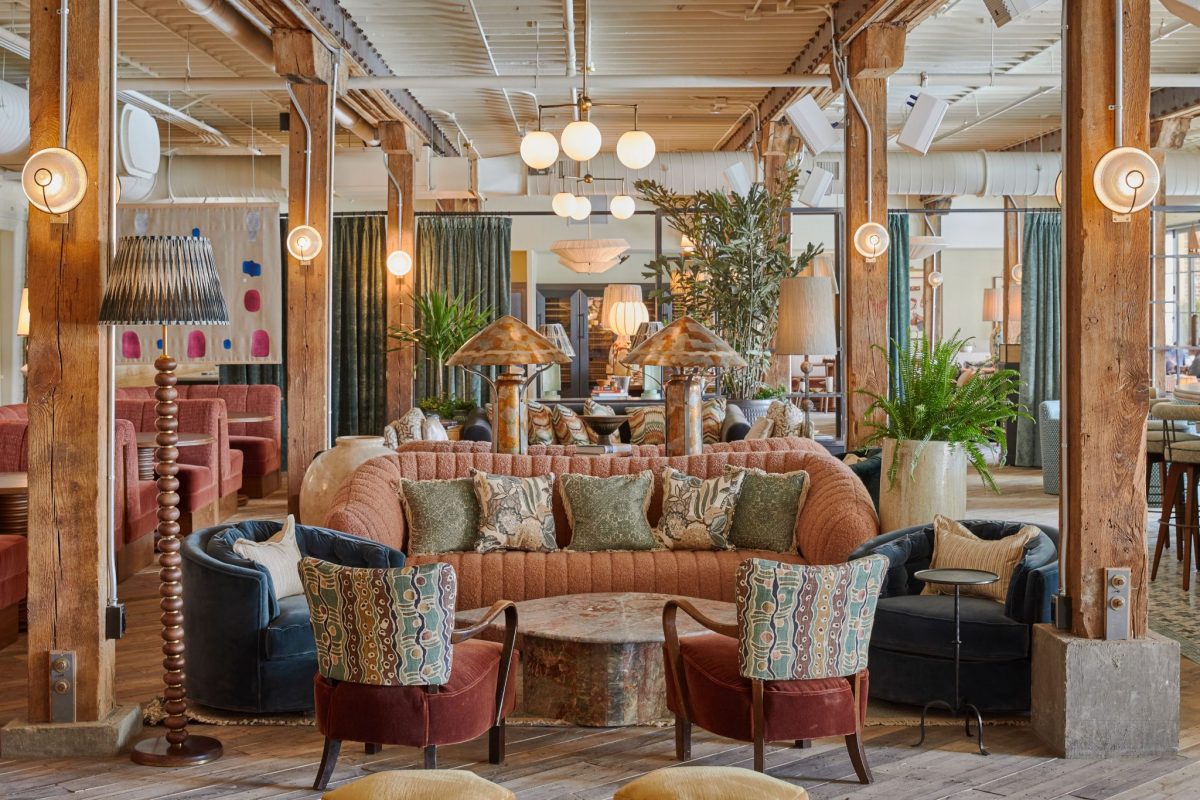Soho House Owner Risks Cool Factor in Pursuit of Profitability

Skift Take
Hospitality companies typically rely on making profits by opening more properties, but that usually comes at the expense of a trendy reputation.
Soho House owner Membership Collective Group must somehow find a way to achieve both.
MCG, which launched last year amid the Soho House parent company going public, lost more than $265 million last year and lost nearly $42 million in the fourth quarter alone, the company reported earlier this week. The company has never achieved profitability since the first Soho House opened in London in 1995, and MCG lists its potential inability to ever post a profit as a risk factor in its most recent annual 10-K filing with the U.S. Securities and Exchange Commission.
The Soho House parent company had accumulated a little more than $1 billion in debt as of early January, up from the $757 million deficit seen a year prior.
